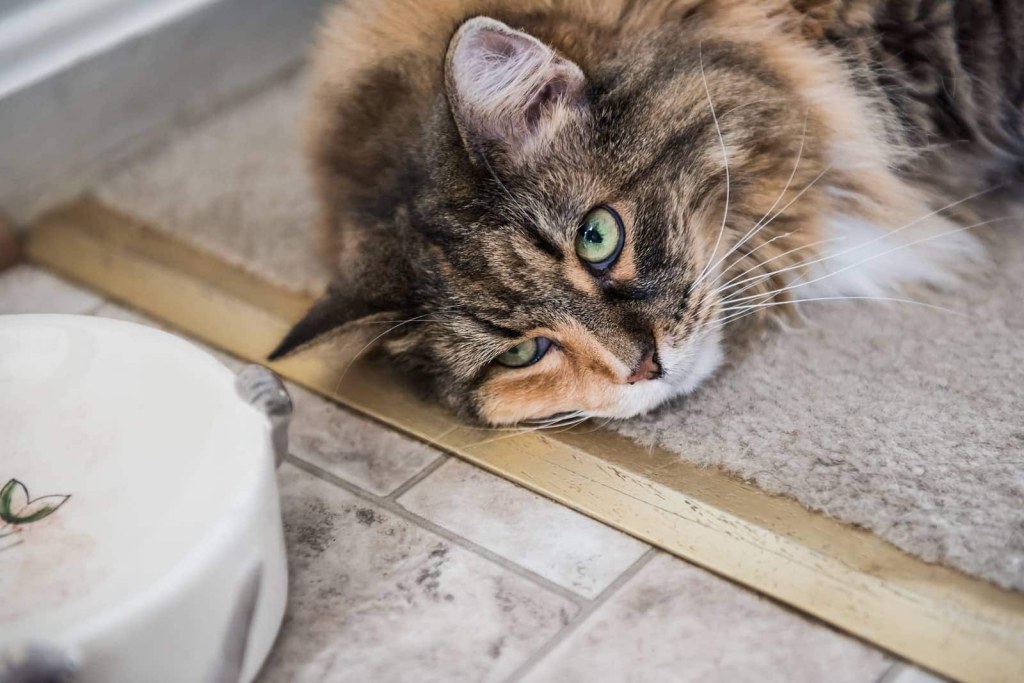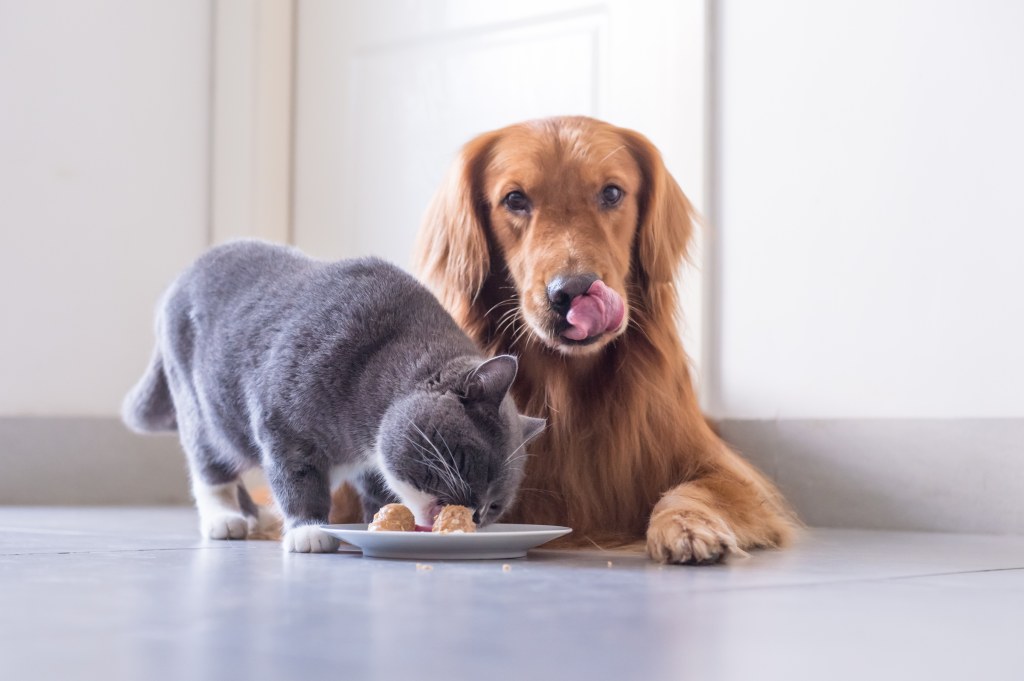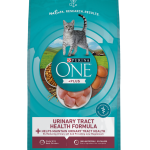Transform Your Cat’s Diet: Discover How To Make Your Cat Eat Prescription Food With Ease!
Cat Won’t Eat Prescription Food
Greeting, Cats Lovers!
As cat owners, we always want the best for our furry friends, especially when it comes to their health. However, there are times when our cats refuse to eat the prescription food recommended by veterinarians. This can be a source of frustration and concern for cat owners, as it is important for cats to consume the right type of food for their specific health conditions. In this article, we will explore the reasons why cats won’t eat prescription food and provide some useful tips to address this issue.
2 Picture Gallery: Transform Your Cat’s Diet: Discover How To Make Your Cat Eat Prescription Food With Ease!


What is Prescription Food for Cats?
Prescription food for cats is specially formulated to meet the specific dietary needs of cats with various health conditions. It often contains specific ingredients and nutrients that can help manage certain medical conditions, such as kidney disease, diabetes, or food allergies. Veterinarians often prescribe these foods as part of a comprehensive treatment plan for their feline patients.
Reasons Why Cats Won’t Eat Prescription Food
1️⃣ Lack of Appetite: Cats, like humans, can have a decreased appetite when they are not feeling well. They may associate the prescription food with their illness and refuse to eat it.

Image Source: hillspet.com
2️⃣ Taste and Texture: Prescription foods may have a different taste and texture compared to regular cat food. Some cats may find the taste unappealing or the texture unfamiliar, leading to refusal.
3️⃣ Transition Difficulties: Cats can be creatures of habit and may resist sudden changes in their diet. Switching from their usual food to prescription food can be challenging for some cats.
4️⃣ Food Sensitivities: Cats, just like humans, can have specific food sensitivities or allergies. If the prescription food contains ingredients that the cat is sensitive to, they may refuse to eat it.
5️⃣ Medical Condition Discomfort: Cats with certain medical conditions may experience discomfort while eating, making them avoid food altogether, including prescription food.

Image Source: tufts.edu
6️⃣ Stress or Anxiety: Cats are sensitive animals, and stress or anxiety can affect their appetite. Changes in the environment, such as moving to a new home or the presence of other pets, can contribute to their refusal to eat prescription food.
How to Encourage Your Cat to Eat Prescription Food
1️⃣ Gradual Transition: Instead of abruptly switching to prescription food, gradually introduce it by mixing it with your cat’s current food. Start with a small amount and gradually increase the proportion of prescription food over several days or weeks.
2️⃣ Warm the Food: Warming the prescription food slightly can enhance its aroma, making it more enticing for your cat.
3️⃣ Try Different Flavors and Textures: If your cat refuses one flavor or texture of prescription food, try different options to find the one that they prefer. Some prescription foods come in both dry and wet forms, so experiment to see which one your cat likes better.
4️⃣ Consult Your Veterinarian: If your cat continues to refuse prescription food, consult your veterinarian. They may be able to recommend alternative options or prescribe medication to stimulate your cat’s appetite.
5️⃣ Minimize Stress: Create a calm and stress-free environment for your cat during mealtimes. Provide a quiet space where they can eat without distractions.
Advantages and Disadvantages of Prescription Food
1️⃣ Advantages:
➕ Tailored Nutrition: Prescription food is formulated to provide specific nutrients and ingredients that can support your cat’s health condition.
➕ Expert Recommendation: Prescription food is recommended by veterinarians who have assessed your cat’s specific needs and medical condition.
➕ Disease Management: Prescription food can play a crucial role in managing and improving certain health conditions in cats.
2️⃣ Disadvantages:
➖ Cost: Prescription food can be more expensive than regular cat food.
➖ Limited Availability: Some prescription foods may be harder to find compared to regular cat food brands.
➖ Taste Preference: Cats may have individual taste preferences, and some may simply not like the taste of prescription food.
Frequently Asked Questions (FAQs)
1️⃣ Q: Can I mix prescription food with regular cat food?
A: It is best to consult your veterinarian before mixing prescription food with regular cat food. They can provide specific guidance based on your cat’s health condition.
2️⃣ Q: How long should I give my cat to adjust to prescription food?
A: Cats may need a few weeks to adjust to new food. Monitor their appetite and consult your veterinarian if they continue to refuse the prescription food.
3️⃣ Q: What should I do if my cat has food allergies to prescription food?
A: If your cat has food allergies to prescription food, consult your veterinarian. They may recommend alternative options or prescribe hypoallergenic diets.
4️⃣ Q: Can I give treats or human food to my cat while they are on prescription food?
A: It is best to avoid giving treats or human food that may interfere with the prescribed diet. Consult your veterinarian for suitable alternatives.
5️⃣ Q: Is it normal for my cat to lose weight when starting prescription food?
A: Weight loss can occur in some cats when starting prescription food. Monitor their weight and consult your veterinarian if you have concerns.
Conclusion
In conclusion, it can be challenging when our cats refuse to eat prescription food. However, with patience and the right approach, we can encourage them to consume the necessary nutrition for their health condition. Gradual transition, trying different flavors and textures, and creating a stress-free environment can significantly help. Remember to consult your veterinarian for guidance and alternatives if your cat continues to refuse prescription food. Together, we can ensure our beloved feline companions receive the best care and nutrition they need.
Thank you for reading!
Disclaimer: The information contained in this article is for educational and informational purposes only. It is not intended as a substitute for professional veterinary advice, diagnosis, or treatment. Always seek the advice of your veterinarian or other qualified professionals with any questions you may have regarding your cat’s health or medical condition.
This post topic: Cats



